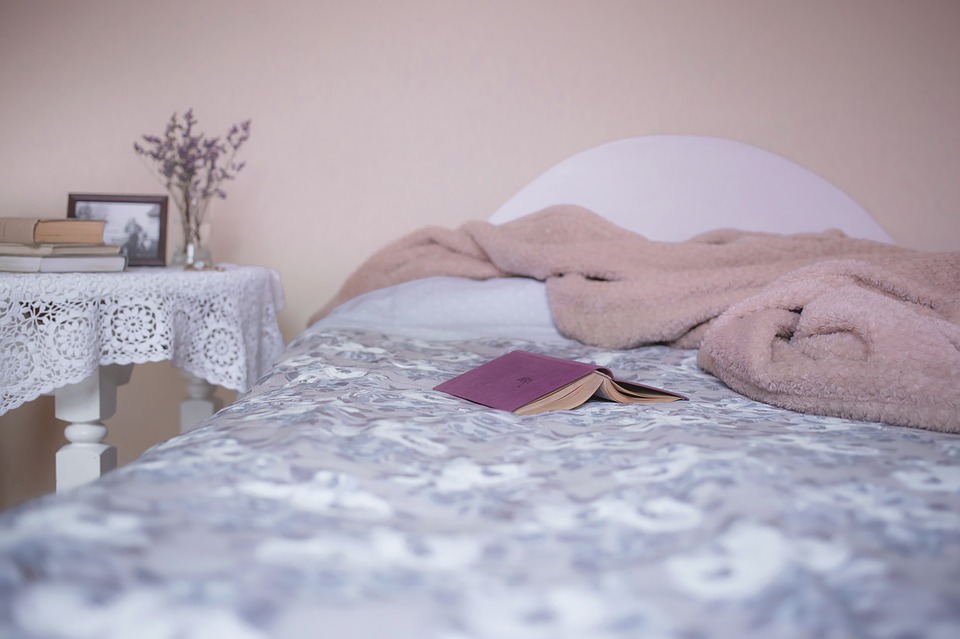I never thought I’d need to write an article trying to convince people that sleep is good. We’re students – if we have anything in common, it’s sleeping. A 20-minute nap before a lecture, the morning-after 16-hour coma, a 48-hour stint all weekend; whatever your preference, we all share the love.
I am no exception. My personal love of sleep has meant that I now reach for an eye-mask and ear plugs every night before bed. After being woken up throughout the whole of September by the four-a.m.-Hyde-Park-post-Canal-Mills mania, I quickly gained said ritual.
Despite this student-sleep love affair, if we fast forward four weeks, Laidlaw will be teeming with red-eyed, stress-riddled Second and Third Years (and maybe one or two perversely conscientious First Years). Needless to say, sleep becomes the last priority and all-nighters take front stage. Even mid-term deadlines regularly send one of my housemates into sleep deprived 40 hours stints.
But is this rhythm of all-nighters causing us more problems than perks? According to Science Daily, cramming information in a period of 24 hours activates only your short-term memory. Doesn’t sound too bad if your exam is tomorrow, right? But when facts and ideas can disappear as quickly as a few minutes to an hour later, this makes it more problematic. The main way to move information from short-term to long-term memory is repetition. So, it figures that the longer you leave for information to be repeated the more likely you are to remember it in your exam.
Not only that, but if you’re up for 24 hours before an exam, come nine am it’s fair to say you’re not going to be on top form. During one of my exams last term, I was closing my eyes every few minutes just to keep my eyesight from getting too blurry. I think when you find yourself contemplating a 15-minute nap in a three-hour 18th Century Literature exam, it’s probably high time to find a new revision strategy.
I promise I’m not trying to convince everyone to make a four-week revision planner that accounts for every minute of their study schedule. I get that we all have different ways of working. I need the pressure of a seven-day deadline to motive me to crack on with exam revision. But I know some people who only start studying two days before, and others that have been revising since January.
What I’m saying is that just because something is the norm doesn’t mean it’s necessarily a good idea. So, before you plan on rushing to Eddy B with your energy drinks and chocolate bars the night before your big exam, maybe try and pencil in two days in the week leading up to it, and save yourself the anxiety and strain of what may turn out to be a somewhat futile sleepless night.
Lucy Fardon
Photo credit: Pixabay

